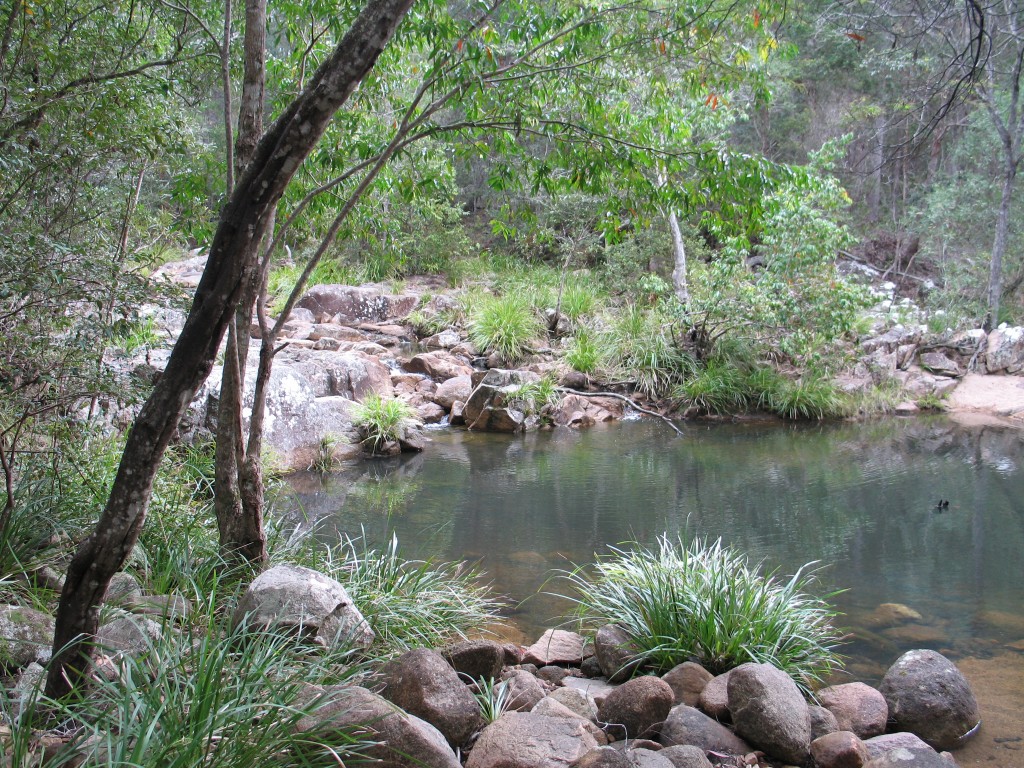 With more than 80% of the Noosa community eligible to vote supporting de-amalgamation, a long shadow cast by the development and financial threats of forced amalgamation at the behest of the Bligh government five years ago has been dispersed. Once again, Noosa will be free to pursue its local, sustainable destiny in accordance with the locally developed strategic plan and UNESCO biosphere status, with precious green corridors and limitations on subdivision intact.
With more than 80% of the Noosa community eligible to vote supporting de-amalgamation, a long shadow cast by the development and financial threats of forced amalgamation at the behest of the Bligh government five years ago has been dispersed. Once again, Noosa will be free to pursue its local, sustainable destiny in accordance with the locally developed strategic plan and UNESCO biosphere status, with precious green corridors and limitations on subdivision intact.
Anytime someone tries to tell you ‘you can’t stop progress’, tell them the Noosa story. You can’t stop progress that is truly progressive, protects environmental values, and has a whole, involved community behind it committed to living sustainably. The Noosa model works – our Noosa UNESCO designated biosphere offers a means and strategy to help humans even in the ‘developed’ neoliberal world to live in balance within their habitat, sustain ecodiversity, protecting waterways and forests forever. Our model should be replicated and implemented nationally.
As I’ve previously versified:
‘Privatising neoliberalism
seems to lack a solid vision,
hollow ‘perish or populate’
with rabbit warrens all over the state,
since when was overpopulation
any habitat’s salvation?’
After a near lifetime spent in lovely Noosa, once again I can feel proud and secure that hard-won community consensus achievements are viable and defendable. The surreptitious stroke of a pen by politicians beholden to filthy corporate interests who never pay sufficiently for the infrastructure needs and unsustainable population growth they create even as they slip backhanders to grease their exploitation, fails when communities fight to protect their values.
Now we can turn our efforts toward deseating the state LibNat government which despite permitting us a vote and action on de-amalgamation, is mooting horrific schemes like logging national parks and state forests and privatising anything that Bligh couldn’t in accordance with disgraced ex-treasurer Peter Costello’s dodgy recommendations. It should be remembered that Costello approved the sale of Australia’s gold reserves before the price went up, costing Australia $5b, in addition to his failed foreign currency exchange transactions – $2b – $5b – hardly a trustworthy record. These proposed LibNat privatisations, unlike Bligh’s, will be deferred till the next election to become a pivotal issue.
By then, an argument must be made to prove that public ownership is cheaper, more efficient and protects jobs for ordinary people AND can protect the environment, while profits for elite shareholders and bonuses for CEOs pursuant to privatisations gouge the public in perpetuity.






 With more than
With more than